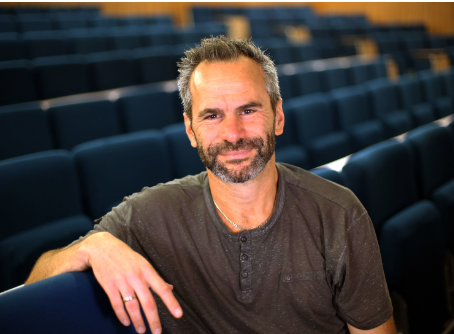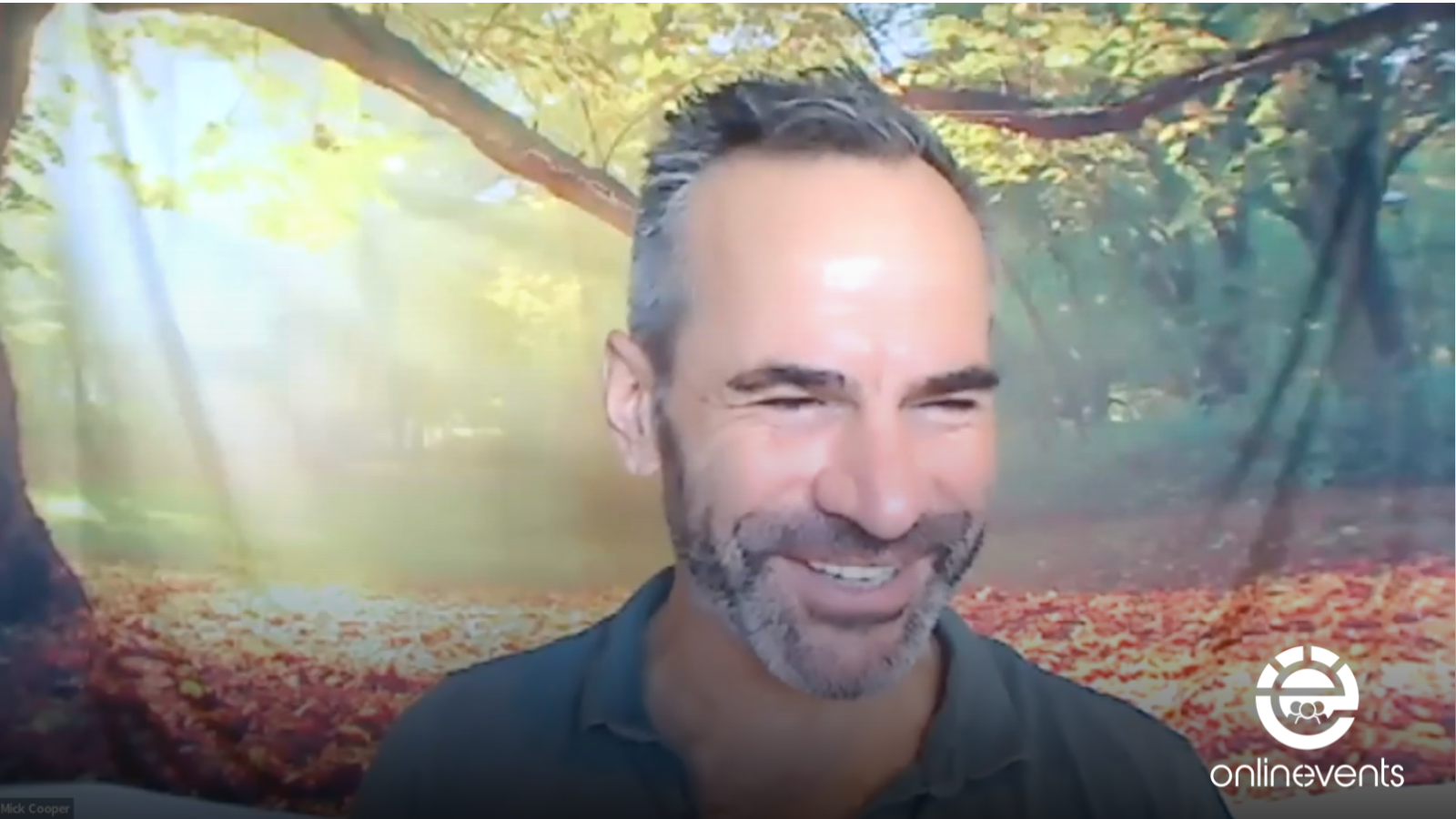This workshop provides counsellors and psychotherapists – both trainees and in practice – with a contemporary introduction to Carl Rogers’ person-centred theory and practice.
Workshop Description
This workshop provides counsellors and psychotherapists – both trainees and in practice – with a contemporary introduction to Carl Rogers’ person-centred theory and practice.
The workshop will introduce participants to Rogers’ theory of development and personality, and his understanding of how psychological difficulties can emerge. From that basis, the workshop will go on to introduce the core tenets of person-centred practice – empathy, unconditional positive regard, and congruence – and demonstrate their application in counselling and psychotherapy work.
The workshop will take a contemporary perspective on person-centred therapy: discussing recent developments in the field, and presenting current research on the approach. Along with input on theory and practice, the workshop will involve self-reflective exercises and videos of practice.
The workshop will consist of theoretical input, self-reflection exercises, and whole group discussions. All formats will be hosted via Zoom, and procedures for participating in the different formats will be explained on the day (they’re very straightforward). We ask all participants to commit to maintaining strict confidentiality: not disclosing something that has been shared by another participant outside of the workshop.
Participants in this workshop should be counsellors, psychotherapists, counselling/clinical psychologists, or other mental health professionals – either qualified or on an established training course. Practitioners from outside of the UK are very welcome to attend, but you should be fluent in English to get the most from the day.
Course Content
Presenter

Mick Cooper is an internationally recognised author, trainer, and consultant in the field of humanistic, existential, and pluralistic therapies. He is a Chartered Psychologist, and Professor of Counselling Psychology at the University of Roehampton.
Mick has facilitated workshops and lectures around the world, including New Zealand, Lithuania, and Florida.
Mick’s books include Existential Therapies (Sage, 2017), Working at Relational Depth in Counselling and Psychotherapy (Sage, 2018), The Handbook of Person-Centred Psychotherapy and Counselling (Palgrave, 2013), and Integrating Counselling and Psychotherapy: Directionality, Synergy, and Social Change (Sage, 2019).
His latest work is Psychology at the Heart of Social Change: Developing a Progressive Vision of Society (Policy Press, 2023)
Mick Cooper is also the editor of The Tribes of the Person-Centred Nation (PCCS, 2024) and co-editor of The Handbook of Person-Centred Psychotherapy and Counselling (3rd ed, 2024).
Mick’s principal areas of research have been in shared decision-making/personalising therapy, and counselling for young people in schools.
In 2014, Mick received the Carmi Harari Mid-Career Award from Division 32 of the American Psychological Association. He is a Fellow of the British Association for Counselling and Psychotherapy and the Academy of Social Sciences.
His latest work is Psychology at the Heart of Social Change: Developing a Progressive Vision of Society (Policy Press, 2023)
The book looks at the interface between therapy and social justice. The blurb for the book reads: ‘Over the past century, psychotherapy – and its parent discipline, psychology – has built up a vibrant, nuanced and highly practical understanding of human wellbeing and distress. This book describes a progressive political approach that integrates insights from the psychotherapeutic and psychological domain, moving us from a politics of blame to a politics of understanding. In this vision of society – surrounded by a culture of radical acceptance – all individuals can live rich and fulfilling lives. We need those shaping our political landscape to understand psychological needs and processes more deeply to enhance our ability to work with others in a spirit of collaboration, dialogue and respect.’


